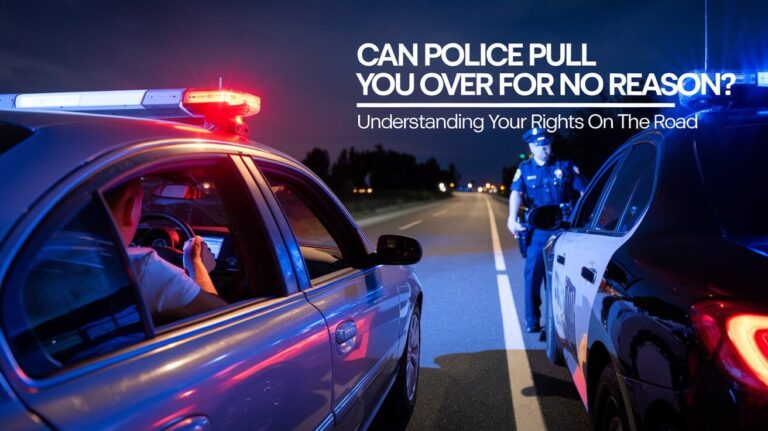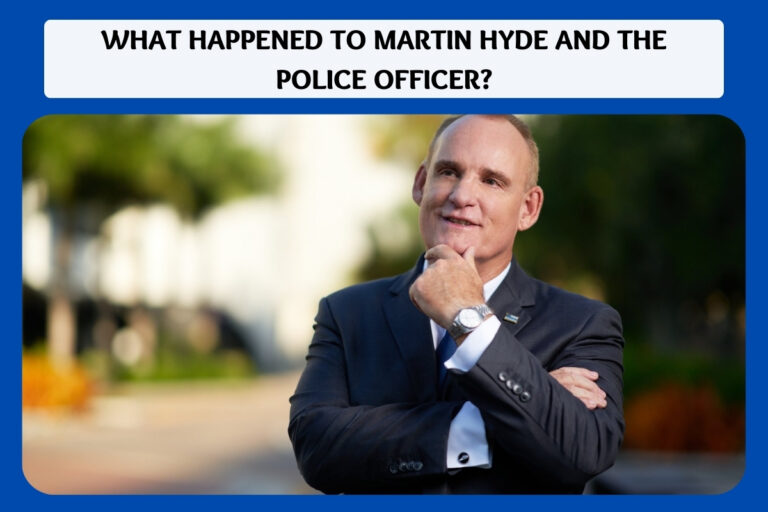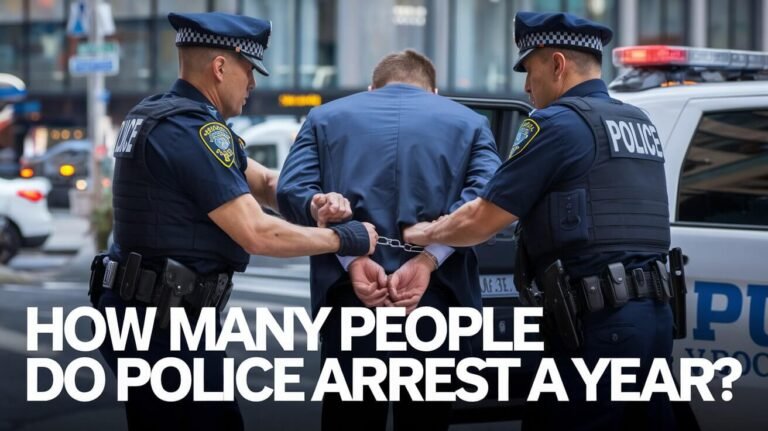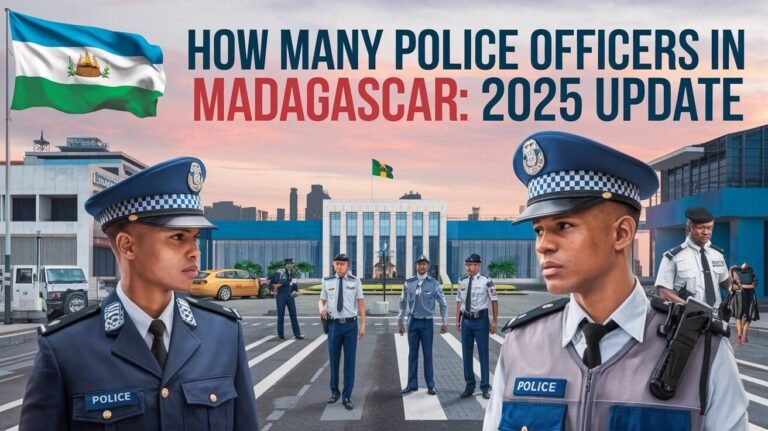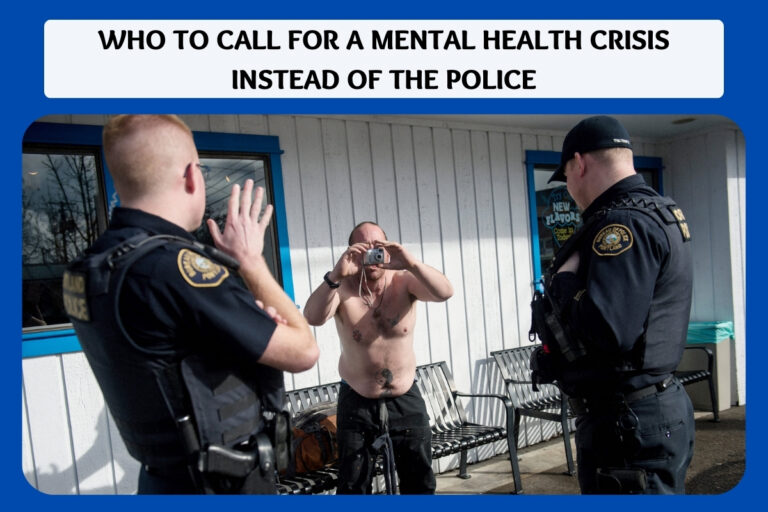Police Detention Without Probable Cause: Know Your Rights
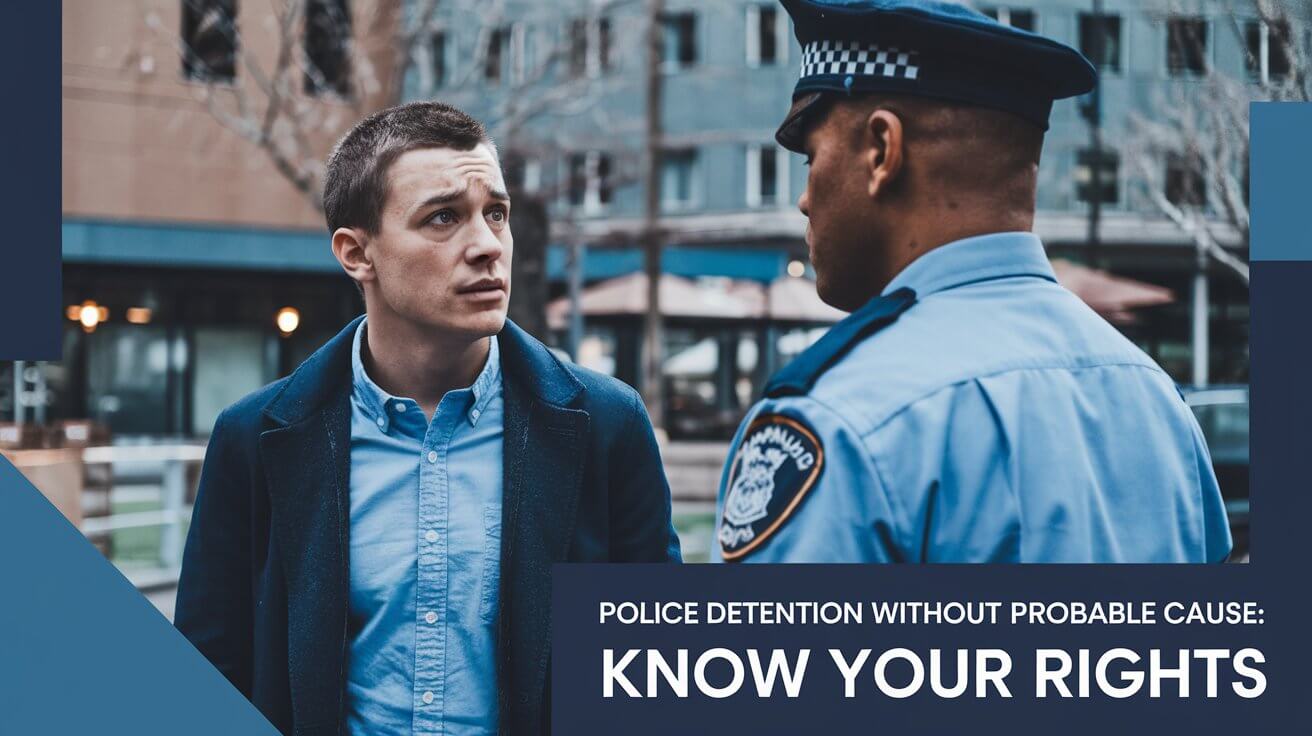
Police can hold you without probable cause, but only for a short time. This period usually lasts from a few minutes to about an hour. The exact time depends on the situation. Many people face this issue in America. This article explains police detention, your rights, and what might happen if you’re detained.
The Basics of Police Detention
What Does It Mean to Be Detained?
Being detained by police means you’re not free to leave, but you’re not under arrest either. It’s a temporary hold while officers investigate a situation or gather information. During detention, police may ask you questions or conduct limited searches.
Detention vs. Arrest: Key Differences
While both involve police custody, detention and arrest are different:
- Detention: Temporary hold for investigation
- Arrest: Taking into custody with intent to charge
The main difference lies in the level of suspicion required and the duration of the hold.
Legal Grounds for Police Detention
Police need reasonable suspicion to detain you. This means they must have specific, articulable facts that suggest criminal activity. It’s a lower standard than probable cause, which is needed for an arrest.
Time Limits on Police Detention Without Probable Cause
The “Reasonable Time” Standard
Courts use a “reasonable time” standard to determine how long police can detain you without probable cause. This flexible approach considers the specific circumstances of each case.
Factors Affecting Detention Duration
Several factors can influence how long a detention lasts:
- Nature of the suspected crime
- Safety concerns
- Time needed to verify information
- Cooperation of the detained person
General Time Guidelines for Different Situations
While there’s no fixed time limit, here are some general guidelines:
- Traffic stops: Usually 15-30 minutes
- Terry stops: Typically less than 20 minutes
- DUI investigations: Can last 1-2 hours
Remember, these are rough estimates and can vary based on circumstances.
Your Constitutional Rights During Detention
The Fourth Amendment and Unlawful Seizures
The Fourth Amendment protects against unreasonable searches and seizures. Detentions that last too long without justification can violate this right.
The Right to Remain Silent
You have the right to remain silent during detention. You don’t have to answer questions beyond providing basic identifying information.
The Right to Refuse Searches
Police need your consent or a warrant to search your belongings during a detention. You can refuse searches, but be polite when doing so.
Types of Police Detentions and Their Duration
Traffic Stops: How Long Can They Last?
Traffic stops should last only as long as needed to address the reason for the stop. This usually includes:
- Checking license and registration
- Writing a ticket if necessary
- Brief questioning related to the stop
Extending the stop beyond these tasks requires additional suspicion.
Terry Stops: Brief Detentions for Investigation
Named after the Terry v. Ohio case, these are brief stops based on reasonable suspicion. They typically last only a few minutes and allow for a quick pat-down for weapons.
Detentions During Search Warrant Executions
If you’re present when police execute a search warrant, they can detain you for the duration of the search. This can last several hours but should not exceed the time needed to complete the search.
Factors That May Extend Detention Time
Reasonable Suspicion of Criminal Activity
If police develop reasonable suspicion of additional criminal activity during the detention, they may extend the stop to investigate further.
Officer Safety Concerns
Safety issues can justify longer detentions. For example, if an officer suspects weapons are present, they might take extra precautions, extending the detention.
Waiting for Backup or Specialized Units
Sometimes, officers need to wait for additional resources, like drug-sniffing dogs or translators. This can lengthen the detention, but it must still be reasonable.
When Detention Becomes an Arrest
Signs That You’re Under Arrest
Detention can turn into an arrest if:
- You’re taken to the police station
- You’re placed in handcuffs (in some cases)
- The officer explicitly states you’re under arrest
Time Limits After Formal Arrest
Once arrested, you must be brought before a judge for a probable cause hearing within 48 hours, excluding weekends and holidays.
The 48-Hour Rule for Charging
Police have 48 hours to file charges after an arrest. If they don’t, they must release you or face potential legal consequences.
What to Do If You’re Detained by Police
Asking if You’re Free to Leave
Always ask, “Am I free to go?” This clarifies whether you’re being detained or if you can leave.
Invoking Your Right to Remain Silent
Politely state, “I’m invoking my right to remain silent” if you don’t want to answer questions.
Refusing Consent for Searches
If asked for permission to search, you can say, “I do not consent to any searches.”
Staying Calm and Compliant
Remain calm and follow lawful orders, even if you believe the detention is unjustified. Argue your case later in court, not on the street.
Unlawful Detention: When Police Exceed Time Limits
Recognizing an Unlawful Detention
A detention becomes unlawful when it lasts longer than necessary to complete the investigation or when it’s based on discriminatory reasons.
Potential Consequences for Law Enforcement
Officers who unlawfully detain individuals may face:
- Disciplinary action
- Civil lawsuits
- Evidence suppression in criminal cases
Legal Recourse for Victims of Unlawful Detention
If you believe you were unlawfully detained, you can:
- File a complaint with the police department
- Consult a civil rights attorney
- Consider a lawsuit for violation of your rights
State-Specific Laws on Police Detention
Variations in Detention Time Limits by State
While federal standards apply nationwide, some states have additional protections:
- California: Strict 20-minute limit on traffic stops
- New York: Requires “prompt” arraignment after arrest
Notable State Court Decisions on Detention Duration
State courts have issued rulings that impact detention practices:
- Florida: 15-minute rule for traffic stops (State v. Jones)
- Massachusetts: 20-minute limit on roadside detentions (Commonwealth v. Gonsalves)
Landmark Court Cases on Police Detention
Terry v. Ohio (1968)
This case established the concept of “stop and frisk” and set guidelines for brief investigative detentions.
Rodriguez v. United States (2015)
The Supreme Court ruled that police can’t extend a traffic stop to conduct a dog sniff without reasonable suspicion.
Illinois v. Caballes (2005)
This case allowed dog sniffs during routine traffic stops, as long as they don’t prolong the stop beyond its original purpose.
Special Circumstances in Detention Duration
DUI Investigations and Chemical Testing
DUI stops can last longer due to field sobriety tests and chemical testing. However, they still must be completed in a reasonable time.
Immigration Detentions
Immigration detentions can be more complex and may last longer, but still require probable cause within 48 hours for extended holds.
Juvenile Detentions
Juveniles have additional protections, including limits on how long they can be held without parental notification.
Technology and Police Detention Times
Impact of Mobile Data Terminals
In-car computers allow officers to run checks more quickly, potentially shortening detention times.
Use of Facial Recognition and Biometrics
These technologies can speed up identification but raise privacy concerns.
Body Cameras and Accountability
Body cameras provide a record of detentions, helping to ensure they don’t last longer than necessary.
Protecting Your Rights During and After Detention
Documenting the Detention
If possible, note:
- Time and location
- Officer names and badge numbers
- Reason given for the detention
When to Contact a Lawyer
Consider contacting a lawyer if:
- The detention seemed unreasonably long
- You believe your rights were violated
- You’re facing charges as a result of the detention
Filing Complaints for Misconduct
If you believe the officer acted improperly, file a complaint with:
- The police department’s internal affairs division
- Civilian oversight boards (if available in your area)
- State or federal civil rights offices
Conclusion: Balancing Public Safety and Individual Rights
Know your rights during police stops. Detentions should be short and limited. Stay calm if detained:
- Be polite
- Ask to leave
- Stay quiet
- Don’t allow searches
- Record what happens
Get legal help if your rights are violated. We must balance safety and rights, while holding police accountable for their actions.

